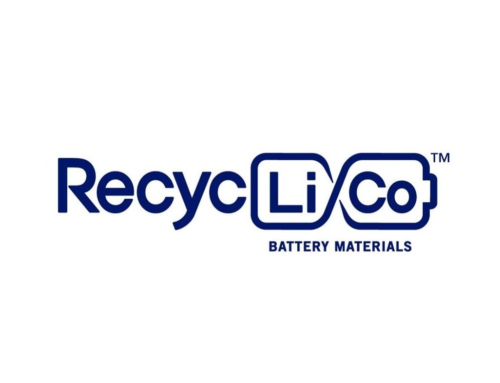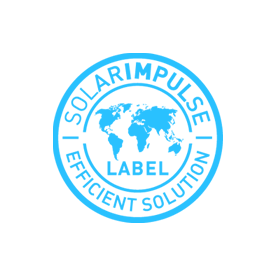MOU with the US National Lab Follows Canadian Government Grant Supporting AMY’s EV Battery Recycling Work
Larry W. Reaugh, President and Chief Executive Officer of RecycLiCo Battery Materials (“RecycLiCo Battery Materials” or “AMI” or the “Company”), (TSX.V: AMY; OTCQB: AMYZF; FSE: ID4), is pleased to announce that the Company has entered into a Memorandum of Understanding (“MOU”) with Ames Laboratory, a U.S. Department of Energy National Laboratory, operated by Iowa State University. Ames is the lead national laboratory for the Critical Materials Institute, a U.S. Department of Energy Innovation hub established by Congress in 2013.
As the MOU notes:
The Agreement allows both parties to share an interest in collaborating in the area of materials science to synergistically augment the scope and expertise of each organization and to enhance the technological development of both organizations;
Both parties recognize that the recovery and reclamation of metals and minerals from spent lithium-ion batteries represents a significant source of critical materials; and
Both parties share an interest in collaborating in the exploration of electric vehicle (EV) battery materials recycling options from spent electric vehicle lithium-ion batteries having cathode chemistries such as: Lithium-Cobalt, Lithium-Cobalt-Nickel-Manganese and Lithium-Manganese.
The MOU with the U.S. Government’s Ames Lab follows last month’s award to RecycLiCo Battery Materials from the Canadian Government’s National Research Council of Canada Industrial Research Assistance Program (NRC-IRAP) for the continued development of the Company’s spent electric vehicle battery cathode materials recycling technology.
About Ames Lab and Critical Materials Institute
Ames Laboratory is a U.S. Department of Energy Office of Science national laboratory operated by Iowa State University. Ames Laboratory creates innovative materials, technologies and energy solutions, using its expertise, unique capabilities and interdisciplinary collaborations to solve global problems.
The Critical Materials Institute is a Department of Energy Innovation Hub led by the U.S. Department of Energy’s Ames Laboratory. CMI seeks ways to eliminate and reduce reliance on rare-earth metals and other materials critical to the success of clean energy technologies.
About RecycLiCo Battery Materials
RecycLiCo Battery Materials is a diversified specialty and critical metal company focused on capitalizing on its patented intellectual property through low cost production or recovery of electrolytic manganese products throughout the world, and recycling of spent electric vehicle lithium-ion rechargeable batteries. Interest in the Company’s patented process has adjusted the focus of RecycLiCo Battery Materials toward the examination of applying its patented technology for other purposes and materials. RecycLiCo Battery Materials aims to capitalize on its patented technology and proprietary know-how to become and industry leader in the recycling of spent electric vehicle lithium-ion batteries having cathode chemistries such as: Lithium-Cobalt, Lithium-Cobalt-Nickel-Manganese, Lithium-Cobalt-Aluminum and Lithium-Manganese (Please see the Company’s January 19, 2017 press release for further details).
On behalf of Management
RecycLiCo Battery Materials
Larry W. Reaugh
President and Chief Executive Officer
Share This Story, Choose Your Platform!
The Toronto Stock Exchange has not reviewed and does not accept responsibility for the adequacy or accuracy of this release. This news release may contain certain “Forward-Looking Statements” within the meaning of Section 21E of the United States Securities Exchange Act of 1934, as amended. All statements, other than statements of historical fact, included herein are forward-looking statements that involve various risks and uncertainties. There can be no assurance that such statements will prove to be accurate, and actual results and future events could differ materially from those anticipated in such statements. Important factors that could cause actual results to differ materially from the Company’s expectations are disclosed in the Company’s documents filed from time to time with the Toronto Stock Exchange, the British Columbia Securities Commission and the US Securities and Exchange Commission.




